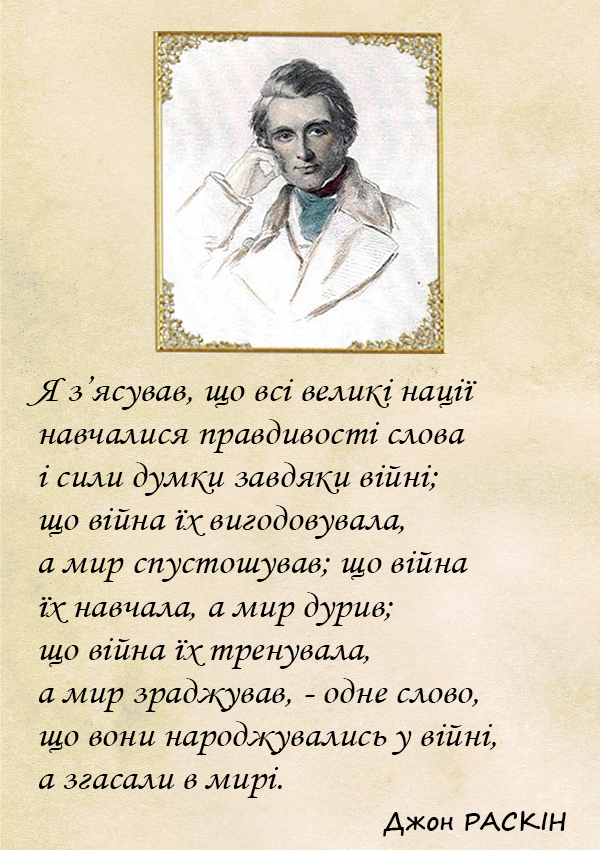
(book review)
The work on “I mix your blood with coal” began in October 2016 – when Micah first went on a working expedition to the east. This reduces the distance between the story and the reader, for whom the topic of Donbass may seem either completely exhausted or difficult to understand.
During the week of observations and conversations with locals, Mikheda accumulated 30 sheets of travel notes. They became the foundation for a sincere study of life and legends, customs and traditions, principles and views, opinions and biases of the people of Donbass. The search for the history that should unite Ukrainians who, due to the war and many other historical preconditions, parted their ways on two sides of the same barricade: “we” and “they.” The journey lasted a year. Kostiantynivka, Pokrovsk, Dobropillya, Lysychansk, Severodonetsk, Bakhmut. Six different mood towns. Each with its own history, its own conflicts, the scars of the Soviet regime on thinking and a distorted picture of the world. Where manifestations of “identity” are considered hostile and the slightest hint of change causes uncontrolled aggression.
In addition to travel notes, carefully recorded observations, wiretapped conversations, archives and biographies of characters, each of whom recorded the history of Donbass or left his own mark – the book consists of six conversations with natives of the East: Sergei Zhadan, Alevtina Kakhidze, Igor Kozlovsky, Roma Minin, Volodymyr Rafeenko and Olena Styazhkina. They are not unfamiliar with the geographical location, the mentality of the people, and the war, which some still call “civil.”
“I will mix your blood with coal” is an act of reflection in the wrapper of a literary report (and there are plenty of artistic reflections here, the author’s experience is manifested.). It is a reminder of the importance of accepting one’s past (its victories and defeats) and a reminder of the main task of a culture without which people are doomed to ignorance, prone to hostile manipulation.
Thus, the book carefully, in portions, saturates the reader with information. Does not hurt with the “shocking truth”, does not brand the victims and does not press on pity. It will not forcibly change your picture of the world, the map of stereotypes, but it will provide enough information for you to test your moral compass for strength. Helps to form beliefs if necessary, but always talks to the reader on equal terms.
After all, this is a story about the preconditions of today. Mikheda’s book explains how the Revolution of Dignity and the war in Donbass could have taken place in one country. The words “Never again” are heard between the lines and the pages. My rating is 10/10.


























































Залишити відповідь